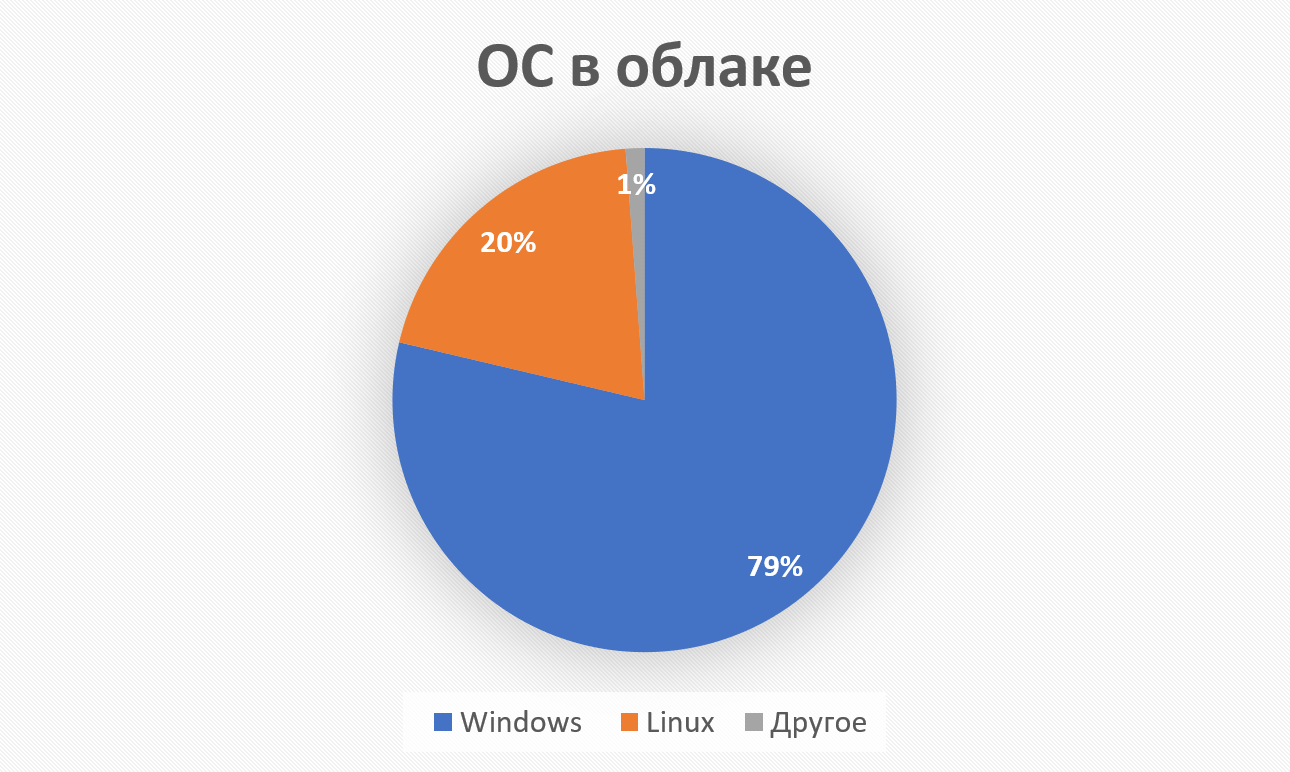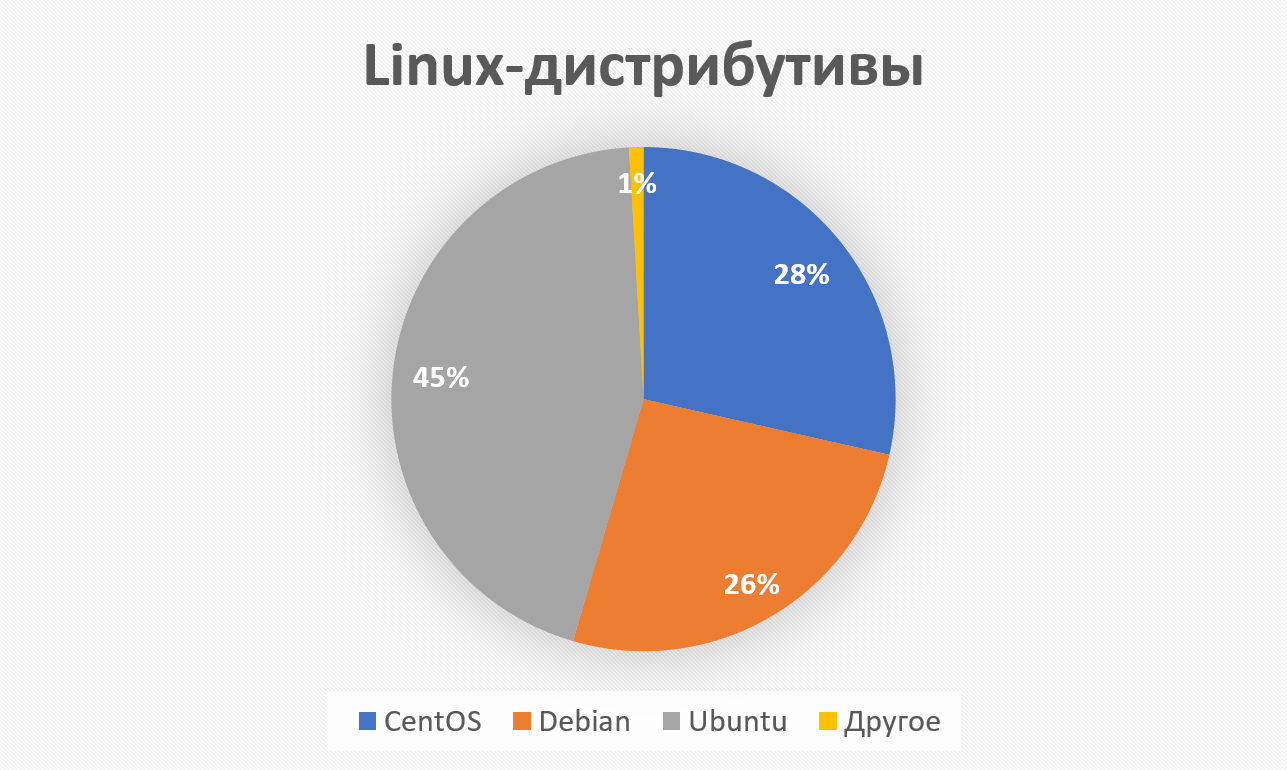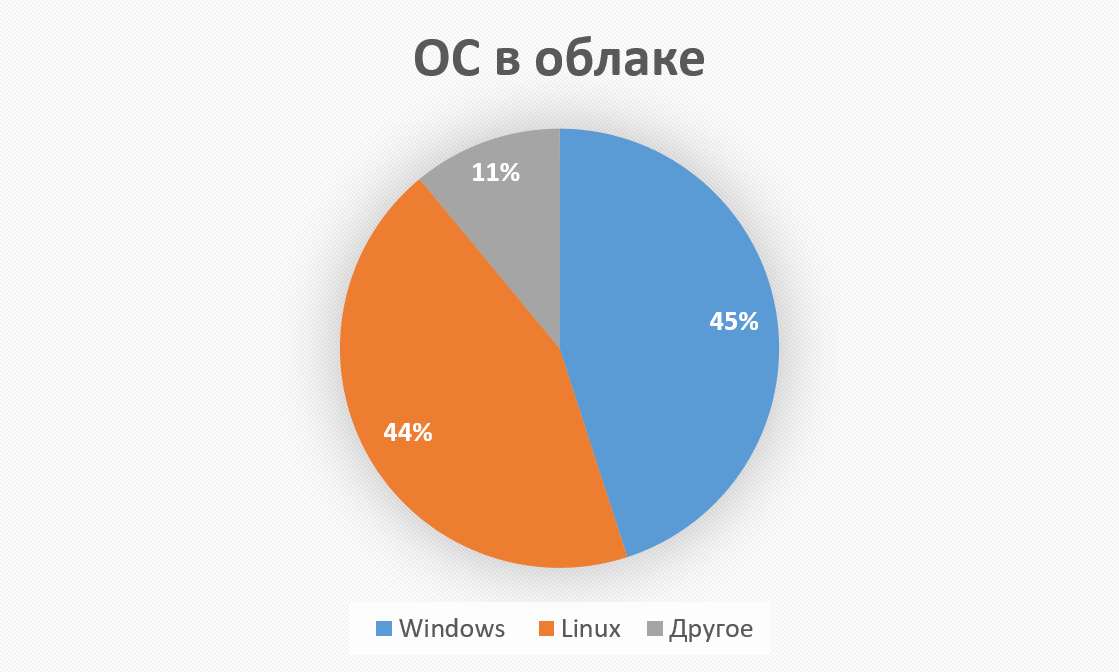Linux 5.1 kernel - what is known about the changes
The jubilee version of the Linux kernel 5.0 was released in early March. But work on kernel 5.1 is already underway. In this article we will consider a number of innovations that are worth waiting for in this version. / Flickr / ayu oshimi / CC BY-SA

Linux has supported ELF binaries since the first kernel version. After 25 years, a.out plan to transfer to the category of obsolete technologies (deprecated). The developers say that this is a necessary procedure, since over a long time the code began to “rot” .
Linus Torvalds emphasized separately that not one of the existing compilers creates binaries of the a.out format, therefore, it no longer makes sense.
Refusal of a.out will pass in two stages. On Linux 5.1, core dumping code will be removed - this is approximately 500 lines. According to Linus, it is highly unlikely that anyone will need to deal with legacy code, and users who still generate a.out executables will have time to rebuild business processes.
In subsequent releases, support will be completely discontinued, but only if there is no person in the community who will take on the support of the format.
Several changes will be made to the Retpoline patch to protect against Specter v2 attacks. It uses a special sequence of instructions that blocks the mechanism of speculative execution in the processor. The developers plan to increase the threshold for generating indirect calls from branch operators from five to twenty. In some cases, this will increase productivity by 20%.
Also, the 5.1 kernel will receive a new flag, PR_SPEC_DISABLE_NOEXEC, which disables the protection against Specter v4 vulnerabilities in all child processes running on the server. It is associated with the memory disambiguation function , which allowed the extraordinary execution of commands. According to experts, the flag automates the check for disabling the patch and will speed up servers with a large number of simultaneously running processes. We wrote more about this in a previous article .
New features that optimize the performance of Linux servers may affect the popularity of this OS in the cloud. We are at 1cloudcollected statistics - the most popular operating system in the cloud among our customers remains Windows (79%). The share of Linux is 20%. In the future, we expect the second OS to somewhat win back market positions. We also give a graph of the distribution of shares among Linux distributions (Ubuntu remains the most popular distribution among our customers - 45%, followed by CentOS with 28% and Debian with 26%.



In one of the threads on Hacker News, residents noted that Linux has always had difficulty supporting iron. But 5.1 will add a lot of drivers for audio equipment.
For example, there will be a driver for the Fireface UCX sound card , oriented to work in recording studios and concert halls. They will also add the MediaTek BTCVSD driver for the Bluetooth chip, which was proposed by the developers of MediaTek.
Support is to be expected for the Asahi Kasei Microdevices AK4497, Cirrus Logic CS4341 / CS35L26 and Google ChromeOS onboard controllers. Also listed are Ingenic JZ4725B, MT8183 and MT6358, NXP MICFIL, Rockchip RK3328, Spreadtrum DMA controllers and many others.

/ Flickr /Christopher Michel / CC BY
According to Phoronix, developers can return to Linux 5.1 the ability to use read-only memory as RAM. In particular, Optane NVDIMM (made using 3D Xpoint technology) on the DDR4 bus can be "turned" into random access memory.
Read more about the work that is being done in this direction in the LKML thread . Linus is now awaiting clarification about Optane's behavior from Intel developers. Only after receiving them will he decide whether to include a new function in the 5.1 kernel.
You can still expect patches to solve the problem of 2038 . On January 19, 2038, the value of time will no longer “fit” into the 32-bit signed integer. This will cause massive crashes in programs. Therefore, the developers graduallymake changes to the corresponding system calls - the new kernel version will not be an exception.
More information on potential changes to the Linux kernel code can be expected in the near future. We will continue to write about them in subsequent articles.

Stop supporting a.out
Linux has supported ELF binaries since the first kernel version. After 25 years, a.out plan to transfer to the category of obsolete technologies (deprecated). The developers say that this is a necessary procedure, since over a long time the code began to “rot” .
Linus Torvalds emphasized separately that not one of the existing compilers creates binaries of the a.out format, therefore, it no longer makes sense.
Refusal of a.out will pass in two stages. On Linux 5.1, core dumping code will be removed - this is approximately 500 lines. According to Linus, it is highly unlikely that anyone will need to deal with legacy code, and users who still generate a.out executables will have time to rebuild business processes.
In subsequent releases, support will be completely discontinued, but only if there is no person in the community who will take on the support of the format.
Make patches against Specter
Several changes will be made to the Retpoline patch to protect against Specter v2 attacks. It uses a special sequence of instructions that blocks the mechanism of speculative execution in the processor. The developers plan to increase the threshold for generating indirect calls from branch operators from five to twenty. In some cases, this will increase productivity by 20%.
Also, the 5.1 kernel will receive a new flag, PR_SPEC_DISABLE_NOEXEC, which disables the protection against Specter v4 vulnerabilities in all child processes running on the server. It is associated with the memory disambiguation function , which allowed the extraordinary execution of commands. According to experts, the flag automates the check for disabling the patch and will speed up servers with a large number of simultaneously running processes. We wrote more about this in a previous article .
New features that optimize the performance of Linux servers may affect the popularity of this OS in the cloud. We are at 1cloudcollected statistics - the most popular operating system in the cloud among our customers remains Windows (79%). The share of Linux is 20%. In the future, we expect the second OS to somewhat win back market positions. We also give a graph of the distribution of shares among Linux distributions (Ubuntu remains the most popular distribution among our customers - 45%, followed by CentOS with 28% and Debian with 26%.


The above ratio is a percentage of all ever created in the VM service. If we take the currently active servers, the ratio is radically different:

Add audio drivers (many)
In one of the threads on Hacker News, residents noted that Linux has always had difficulty supporting iron. But 5.1 will add a lot of drivers for audio equipment.
For example, there will be a driver for the Fireface UCX sound card , oriented to work in recording studios and concert halls. They will also add the MediaTek BTCVSD driver for the Bluetooth chip, which was proposed by the developers of MediaTek.
Support is to be expected for the Asahi Kasei Microdevices AK4497, Cirrus Logic CS4341 / CS35L26 and Google ChromeOS onboard controllers. Also listed are Ingenic JZ4725B, MT8183 and MT6358, NXP MICFIL, Rockchip RK3328, Spreadtrum DMA controllers and many others.

/ Flickr /Christopher Michel / CC BY
What else to expect in Linux kernel 5.1
According to Phoronix, developers can return to Linux 5.1 the ability to use read-only memory as RAM. In particular, Optane NVDIMM (made using 3D Xpoint technology) on the DDR4 bus can be "turned" into random access memory.
Read more about the work that is being done in this direction in the LKML thread . Linus is now awaiting clarification about Optane's behavior from Intel developers. Only after receiving them will he decide whether to include a new function in the 5.1 kernel.
You can still expect patches to solve the problem of 2038 . On January 19, 2038, the value of time will no longer “fit” into the 32-bit signed integer. This will cause massive crashes in programs. Therefore, the developers graduallymake changes to the corresponding system calls - the new kernel version will not be an exception.
More information on potential changes to the Linux kernel code can be expected in the near future. We will continue to write about them in subsequent articles.
